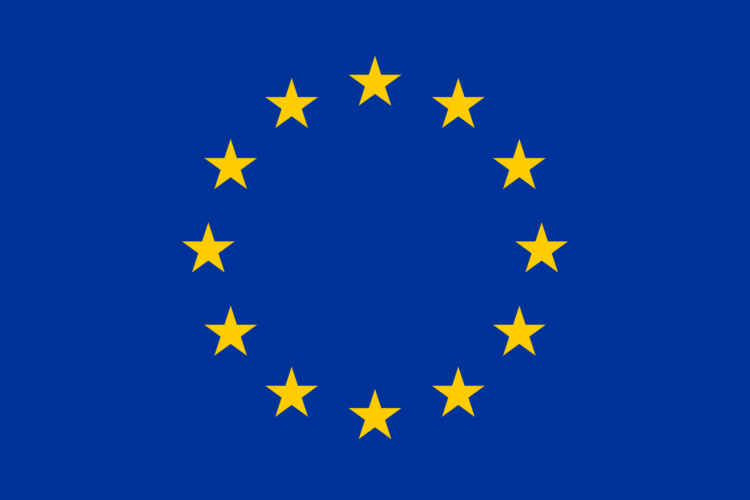By Ben Kerrigan-
The EU commission has ordered Ireland to recover up to 13 bn Euros (11 bn pounds)from apple in back taxes.
After an investigation that lasted three years, the Commission concluded that the U.S firm’s Irish tax benefits are illegal.
Apple was found to have paid 1 percent tax on its European profits in 2003 and about 0.005 percent in 2014, instead of the standard rate of Irish corporate tax set at 12.5 percent.
commissioner Margarethe Vestager, said: “Member states cannot give tax benefits to selected companies – this is illegal under EU state aid rules”..
The Commission’s investigation concluded that Ireland granted illegal tax benefits to Apple, which enabled it to pay substantially less tax benefits than other businesses over many years.
Both Ireland and Apple disagree with the decision and both plan to appeal the decision.
Harmful
 Apple have condemned and denounced the decision as “harmful”, insisting that it is about which government collects the money.
Apple have condemned and denounced the decision as “harmful”, insisting that it is about which government collects the money.
A statement from apple criticized the EU for attempting to re-write Apple’s history in Europe on people and ignore Ireland’s top Laws.
“The Commission’s case is not about how.much apple pays in taxes, it is about which government collects the money. It will have a profound.and harmful effect on investment and job creation in Europe”.
“Apple follows the law and pays all the taxes we owe wherever we operate. We will appeal, and are confident the decision will be overturned”.
Ireland”s finance minister, Michael Noonan, also expressed his strong disagreement with the Commission, confirming his plans to appeal, defend the “integrity of their tax system”, provide tax certainty to businesses, and challenge the encroachment of EU state aid rules into the sovereign member state competence of taxation”.
Apple made a net profit of 53 bn dollars in 2015, so should easily be able to afford the amount of the ruling, but will not want to pay all of that.
DANGER
Meanwhile, the U.S Treasury has accused the European Commission of being in danger of becoming a “supranational tax authority “, capable of “undermining foreign investment, the business climate in Europe, and the important spirit of economic partnership between the U.S and the EU.





